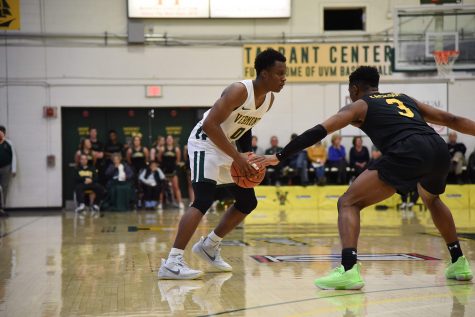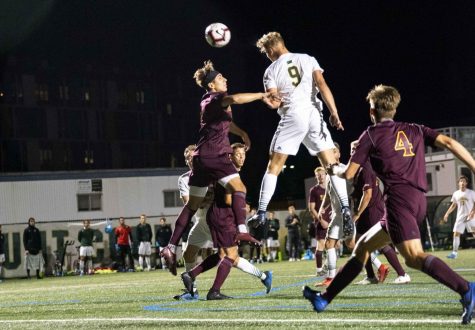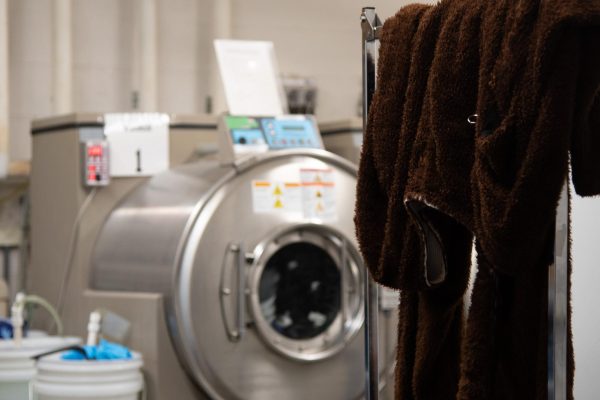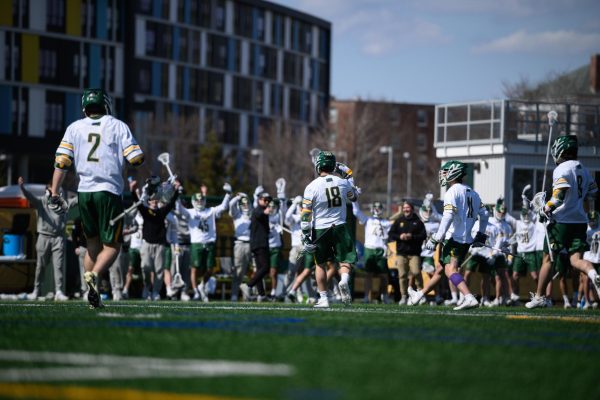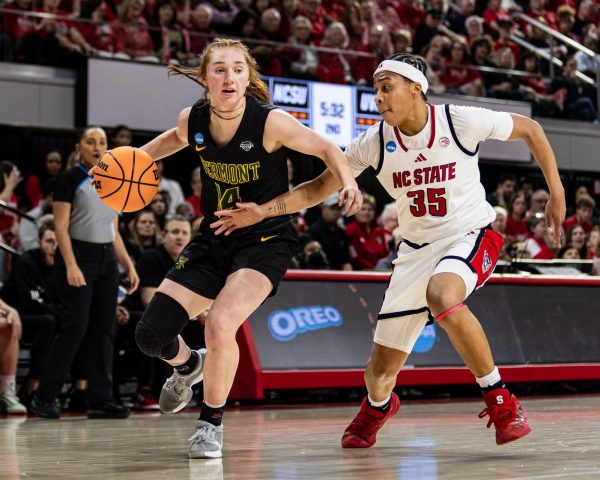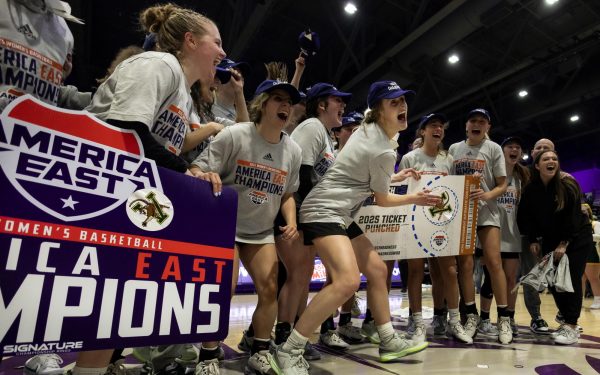Even the cupcake games matter in college football
Fall may not have come around yet, but the circus that is the college football season has definitely arrived.
The NCAA season is already underway. These early games will set the tone of the season for some teams, while for others they function essentially as warm-up games.
The beginning of the NCAA season is littered with Power Five teams. The Power Five is the largest five conferences; Big Ten, Big 12, SEC, ACC and PAC 12, matched up against the smaller Division I schools or even FCS (Football Championship Subdivision) teams.
While these games might seem important only to fans of the Power Five teams and the team about to take an inevitable beating, it should be embraced by fans of college football and college sports in general.
“Cupcake games,” “throwaways” or whatever you prefer to call them, have big implications for the schools involved.
When a mid-major, like Western Michigan, or a FCS team like McNeese State, agrees to play games, there is a contract that guarantees a large sum of money to be paid to the smaller institution. These payments range in size, but are often as high as six figures or even into the millions.
Western Michigan, a mid-major football program in the Mid-Atlantic Conference,for example, was guaranteed a million dollars for just showing up for a game at Ohio State University later this season, according to the contract obtained by the Kalamazoo Gazette.
The money that these institutions receive greatly helps support all the sports they have, including the ones that lose money and often leave enough money left over to be used in other ways around the university. These games should not be ignored or passed over, but rather embraced for their role in supporting college athletics across the country.
So in the coming weeks when you see games such as Louisiana State University vs. McNeese State or Auburn vs. Jacksonville State, take a second to watch the game and embrace the role of the players on the lesser team.
They are accepting the 48-minute beat-down to support their university and ensure the longevity of their program.


